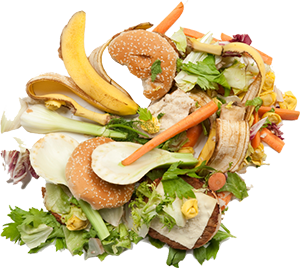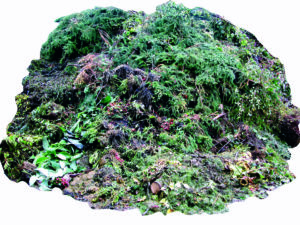Organic waste

External Links
In general, only organic waste of plant origin can be composted or can be put in the green bin. Organic waste of animal origin are considered separately. It is essential to ensure that no hazardous material is introduced to humans through the food chain.
Composting is the oldest and most natural form of waste recycling. The end product, compost, is a natural manure and an excellent soil improving means to be used in the garden and on fields. Be aware of your responsibilities with food in order to have as little waste as possible.
Organic waste from plant: Products from organic plant are generally compostable.In some biogas central, leftovers can be converted into biogas.
Animal origins: animal fatty substances can be reworked in industrial greases, animal carcasses and similar products are treated in thermal systems.

Organic waste
In general, only organic waste of plant origin can be composted or can be put in the green bin. Organic waste of animal origin are considered separately. It is essential to ensure that no hazardous material is introduced to humans through the food chain.
Composting is the oldest and most natural form of waste recycling. The end product, compost, is a natural manure and an excellent soil improving means to be used in the garden and on fields. Be aware of your responsibilities with food in order to have as little waste as possible.
Organic waste from plant: Products from organic plant are generally compostable.In some biogas central, leftovers can be converted into biogas.
Animal origins: animal fatty substances can be reworked in industrial greases, animal carcasses and similar products are treated in thermal systems.








